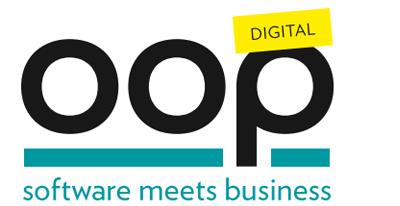- Deutsch
- Contact
- Newsletter

Conference Program
Please note:
On this site, there is only displayed the English speaking sessions of the OOP 2022 Digital. You can find all conference sessions, including the German speaking ones, here.
The times given in the conference program of OOP 2022 Digital correspond to Central European Time (CET).
By clicking on "EVENT MERKEN" within the lecture descriptions you can arrange your own schedule. You can view your schedule at any time using the icon in the upper right corner.
Thema: Requirements Engineering
- Montag
31.01. - Donnerstag
03.02.
This tutorial introduces to agile requirements engineering. The half day delivers practical guidance from our projects across different industries. While being based on the IREB agile RE primer curriculum, it has more practical focus and avoids agile basics and theory. Yet, participants are eligible to IREB certification. We give practical tips for designing agile requirements processes. Attendees will learn how to combine needs of systematic requirements engineering with agile principles.…
Traditionally, requirements were used as a means to communicate between customers and development organizations. Unfortunately, requirements suffer from many limitations.
An alternative approach is to focus on outcomes and to use value modeling as a mechanism to quantitatively define the desired outcomes. This value model can then be used for experimentation by humans using DevOps and A/B testing or using machine learning models for automated experimentation.
The tutorial provides introduction of…
The world in which a software system lives is filled with meaning. The structure, concepts and names that inform the code, its changes and the mental models held by developers are expressions of meaning. The very act of development is an exercise in meaning — it's discovery, its formulation, its communication.
But just because we are immersed in concepts of meaning from an early age, and just because the daily work of software development is about wrangling meaning, that doesn't mean we're…
